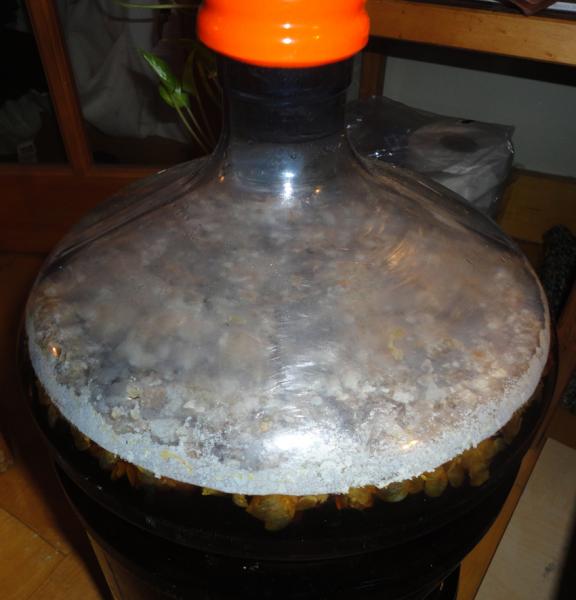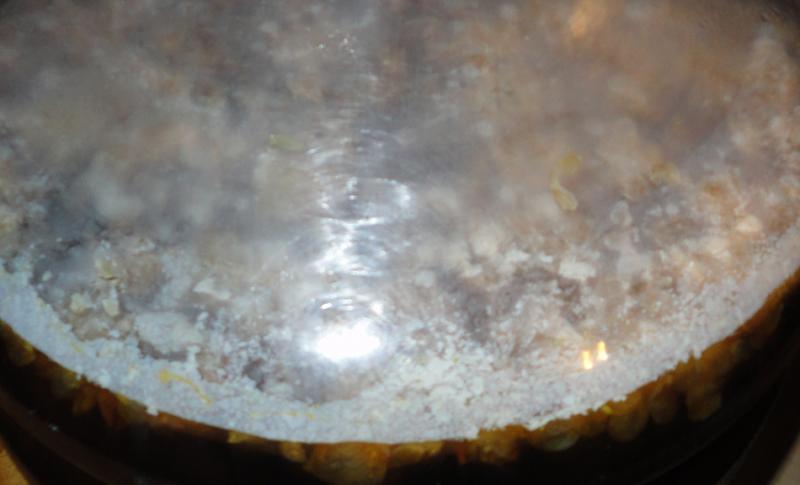Hey Guys,
So I took a look at the nice porter I dry hopped with 1oz Northern Brewer a few days ago, preparing to rack it to my corny and have a nice Sunday brew...WTF? It appears after 8 months of brewing I've ruined my first batch
A search of the forums turned up this thread: https://www.homebrewtalk.com/f13/can-dry-hopping-contaminate-batch-57308/, but I haven't been able to find anyone who has had a similar issue.
I'm all about the process of brewing to be one of constant learning, but I'm not sure what my take away should be here. Thoughts? Condolences? Maybe it's still safe to drink? I doubt it, but this hasn't stopped me before
I doubt it, but this hasn't stopped me before 
Thanks in advance!

So I took a look at the nice porter I dry hopped with 1oz Northern Brewer a few days ago, preparing to rack it to my corny and have a nice Sunday brew...WTF? It appears after 8 months of brewing I've ruined my first batch
A search of the forums turned up this thread: https://www.homebrewtalk.com/f13/can-dry-hopping-contaminate-batch-57308/, but I haven't been able to find anyone who has had a similar issue.
I'm all about the process of brewing to be one of constant learning, but I'm not sure what my take away should be here. Thoughts? Condolences? Maybe it's still safe to drink?
Thanks in advance!















![Craft A Brew - Safale BE-256 Yeast - Fermentis - Belgian Ale Dry Yeast - For Belgian & Strong Ales - Ingredients for Home Brewing - Beer Making Supplies - [3 Pack]](https://m.media-amazon.com/images/I/51bcKEwQmWL._SL500_.jpg)













































